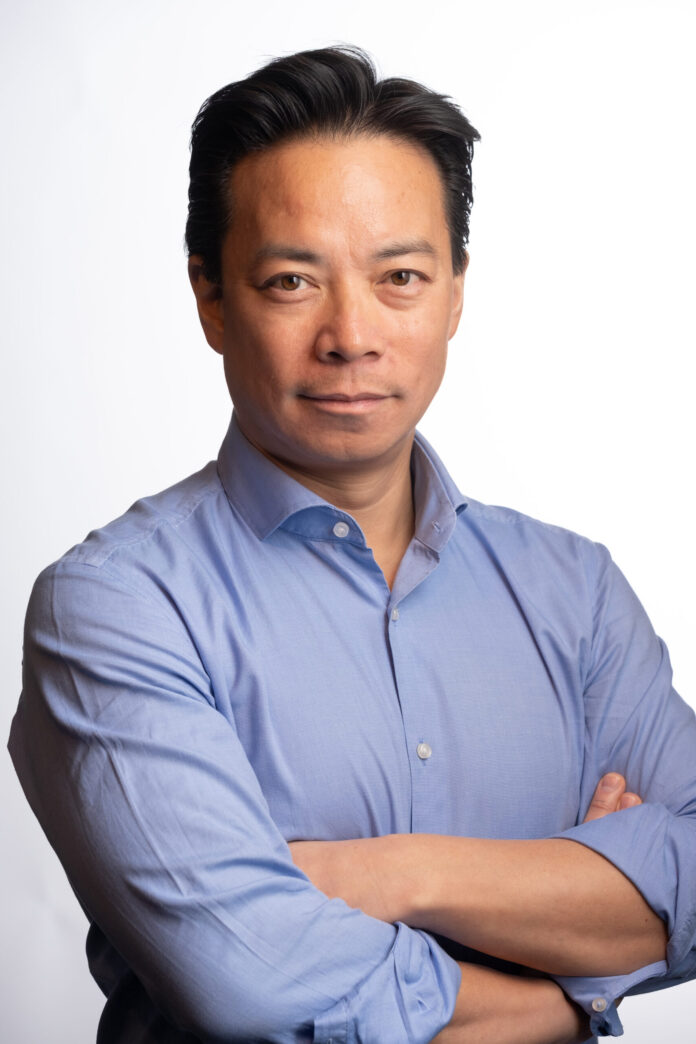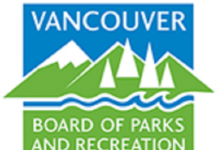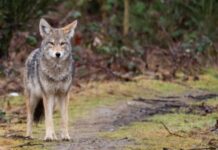VANCOUVER Mayor Ken Sim announced on Wednesday that he is bringing forward a motion asking the Province to remove the requirement for an elected Park Board under the Vancouver Charter.
To accomplish this change, Sim will be introducing a motion at next Wednesday’s Vancouver City Council meeting requesting that the Province amend and repeal the relevant sections of the Vancouver Charter, and for the legal powers currently held by the Park Board to be transferred to City Council.
Sim’s motion states that in recent years, “it has become abundantly clear, given the poor state of Vancouver’s parks, recreation services, and infrastructure, that a fundamental change in the governance structure is not only needed, it is the only viable path forward to efficient and effective parks and recreation services for the people of Vancouver.”
“Make no mistake about it. Vancouver’s parks, recreation services, and cultural assets are prized by Vancouverites and visitors alike and must be protected, maintained, and preserved indefinitely for future generations,” said Sim. “The commitment I’m making to the people of our city today includes establishing stronger protections around any changes to our parks. This will be a new era for parks and recreation in our city.”
Vancouver is the only municipality in the entire country with an elected park board. In every other city in Canada, parks and recreation services are managed directly by a parks and recreation department under the direction of their respective city councils.
Recently, Vancouver’s independent Auditor General released a performance audit of the Park Board’s revenue management practices. The audit determined that the Park Board did not operate an effective framework for achieving revenue-related objectives. Moreover, it found that the Park Board was not proactively engaging with City Council to align its priorities with available funding, despite the fact that all Park Board expenditures require the approval of City Council.
Vancouver’s park and recreation assets include 250 public parks and beaches, including Stanley Park, VanDusen Botanical Garden, Bloedel Conservatory, a large public recreation system of 24 community centres, swimming pools, rinks and arenas, sports playing fields, playgrounds, fitness centres, three championship golf courses, street trees, and marinas among other services and facilities.
Sim’s motion also calls for the creation of a Parks and Recreation Transition Working Group to facilitate a smooth transition of responsibility for park and recreation services from the current oversight by the Park Board to the oversight of City Council. The working group would be in place for six months to coordinate ongoing engagement and relationships with park and recreation stakeholders. It would be supported by City staff through the City Manager’s Office.
Chief Wayne Sparrow, Musqueam First Nation, said: “This is definitely a step in the right direction. Having a single department with authority for park land in the city will benefit everyone, including the Musqueam Indian Band. As a local nation with many levels of formal and informal interaction with the City, the proposed streamlined structure will provide clarity and a single point of contact for engaging with the City on the issues that matter most to our people.”
Lorraine Lowe, Executive Director, Dr. Sun-Yat Sen Garden Society, said: “The Dr. Sun-Yat Sen Garden Society of Vancouver provides engaging cultural events for the Vancouver community throughout the year. Since 2016, we have not been able to negotiate a renewed lease agreement with the Parks Board resulting in ongoing challenges around maintenance and investment in the space. I am optimistic that the motion being brought forward will alleviate some of the challenges our organization has faced over the years.”
Pall Beesla, South Asian community advocate and Vaisakhi organizer, said: “South Vancouver has been overlooked for too long by past Park Boards. I applaud Mayor Ken Sim for proposing to collapse the Park Board. It’s been clear for a very long time that things are not working well under the current structure, and change is overdue. There is a significant park and recreation deficit in the city, particularly in South Vancouver. Through organizing community events, we have seen many challenges and redundancy that make community building difficult because of inefficient processes.”













